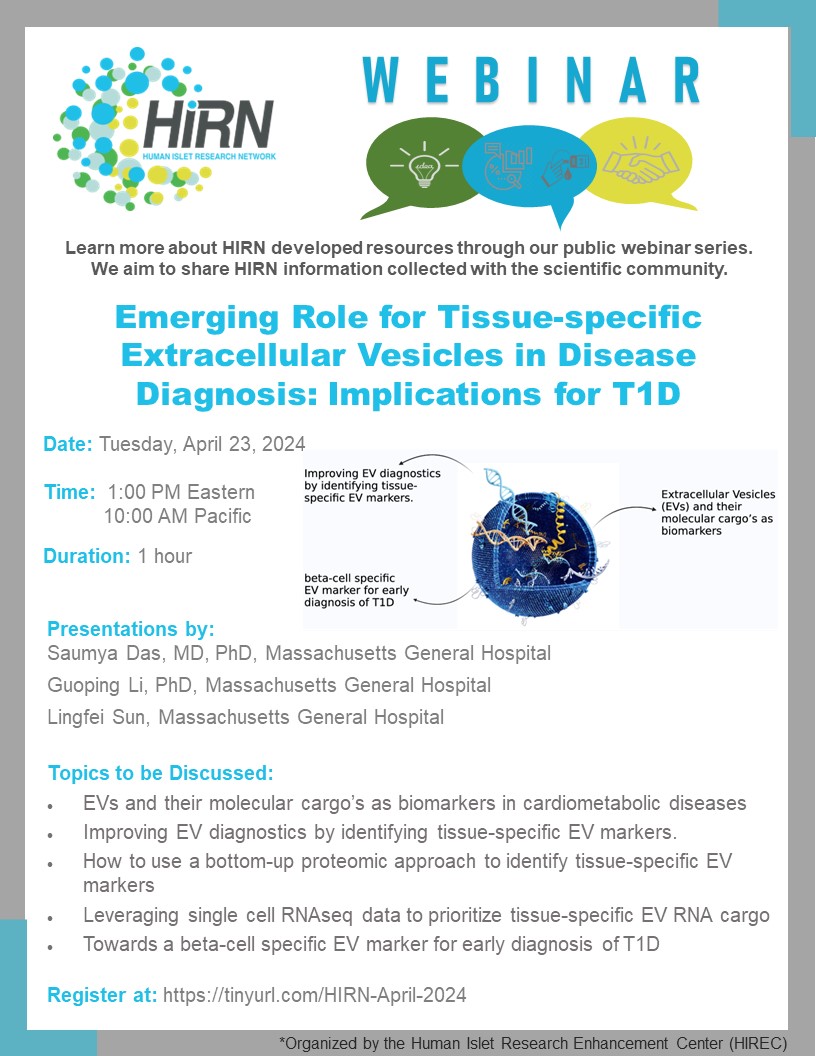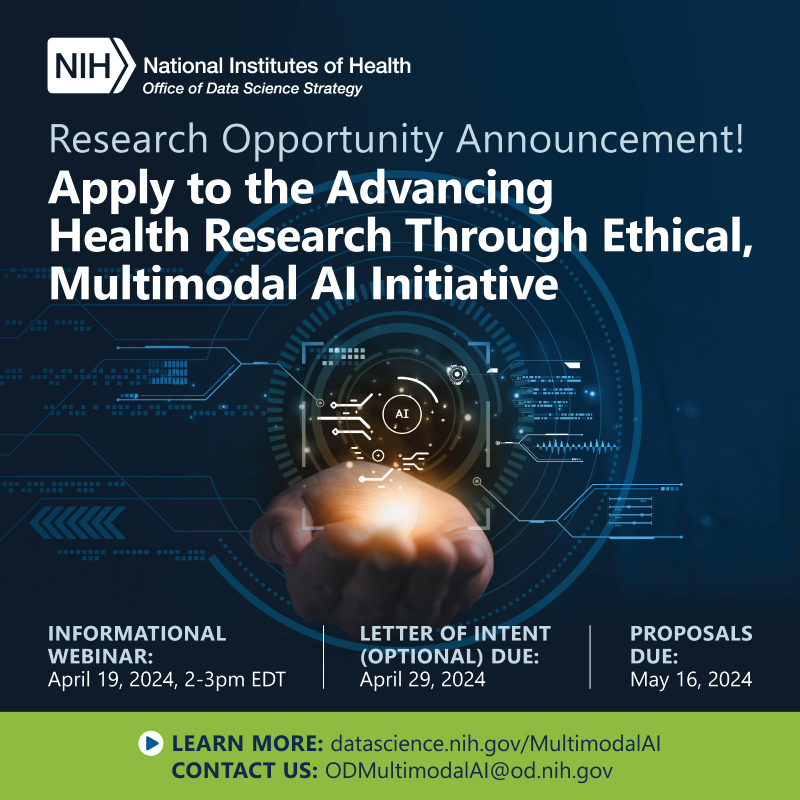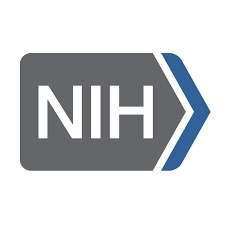Leaving Community
Are you sure you want to leave this community? Leaving the community will revoke any permissions you have been granted in this community.
NIDDK Funding Opportunity: RFA for (Re)Building a Kidney
Here is the information from NIDDK:
"
(Re)Building a Kidney (UC2 Clinical Trial Not Allowed)
This FOA invites new applications for the (Re)Building a Kidney (RBK) Consortium. The goal of the RBK is to improve or restore failing kidney function after injury or disease. This FOA invites teams of investigators with complementary expertise to develop and test novel ways to either (1) stimulate productive kidney repair/regeneration in vivo, or (2) generate functional kidney tissue ex vivo for transplantation.
Letter of Intent Due Date: Oct. 7 ,2019.
Application Due Date: Nov. 7, 2019.
Purpose
This FOA invites new applications for the (Re)Building a Kidney (RBK) Consortium (www.rebuildingakidney.org) that will contribute to the development and testing of advanced therapies for treatment of kidney injuries or diseases. Specifically, the goal of the RBK is to improve or restore kidney function by either of two distinct approaches: (1) enhancement of endogenous productive kidney repair/regeneration by small molecules, proteins, or engraftment of cells, organoids, etc., or (2) building functional replacement kidney tissue ex vivo for transplantation. Both approaches will require diverse scientific expertise drawn from several disciplines including, but not limited to, developmental and cellular biology, productive repair/regeneration post injury, stem and progenitor cell biology, tissue engineering, renal physiology, nephrology, and the use of model organisms. Thus, it is expected that each application will assemble a research team of investigators with complementary expertise to address the goal of the RBK. To maximize scientific exchange, the RBK will continue to include a Data Hub to facilitate curation and sharing of data, resources, tools, methods, etc. within the consortium and with the broader research community.
Background
Chronic Kidney Disease (CKD) and Acute Kidney Injury (AKI) are interconnected syndromes which pose a substantial public health burden. Even with the best available medical therapies, the progressive loss of kidney function can lead to dialysis or kidney transplantation. Alternative therapies are needed.
To date, the RBK has made several collaborative advances to expand the tools, resources, and knowledge to set the stage for studies in in vivo regeneration of functional nephrons and ex vivo generation of functional nephrons for transplantation. Some of these advances include:
(1) Development of protocols for the generation of high quality single-cell and single nuclei RNA-seq data from human kidneys; (2) Development of cell-type specific fluorescent protein transgenic induced pluripotent stem cell reporter lines to monitor and characterize differentiation of self-organizing organoids and directed differentiation of individual kidney cell types; (3) Propagation of human progenitor cells and generation of kidney cells and organoids, and use of differentiated cells to populate tissue scaffolds and recellularize kidney matrix; (4) Understanding the biology of tubule invasion and interconnection to the collecting duct; and (5) Defining growth factor activities optimized for progenitor cell self-renewal and organoid differentiation as well as for directed differentiation of kidney cell types.
Research Objectives
Going forward, the RBK aims to develop and test advanced therapies for treatment of kidney injuries or diseases. It is anticipated that projects in response to this FOA will require teams of investigators with complementary expertise to successfully carry out studies to improve or restore kidney function after injury or disease by either (1) stimulating productive repair/regeneration in vivo, or (2) generating functional kidney tissue ex vivo for transplantation. It is NOT expected that any one application will propose to BOTH stimulate productive repair/regeneration in vivo AND build functional kidney tissue ex vivo for transplantation.
The NIDDK aims to support a wide range of approaches to achieve the goal of the RBK. These include, but are not limited to:
Repair/regeneration in vivo:
Define innate mechanisms of productive kidney repair. Establish why these mechanisms are limited in adult humans and test whether these mechanisms can be manipulated to enhance innate productive repair and improve kidney function in models of kidney injuries or diseases
Develop an understanding of in vivo kidney regeneration and test novel ways to increase nephron number or nephron function. This could include cross-species studies to identify common principles. Evaluate the ability of these principles to restore kidney function in models of kidney injuries or diseases.
Identify pathways of endogenous repair/regeneration and use small molecules, proteins, modified cells or tissues to enhance these pathways and improve function in models of kidney injury or disease.
Build functional kidney tissue ex vivo for transplantation:
Engineer replacement tissue that replicates kidney function. Evaluate the ability of engineered tissue to integrate with the host and restore kidney function in models of kidney injury or disease.
Generate specific renal cell types and test for cell engraftment or direct replacement of damaged kidney cells to improve function.
Generate functional structures using scaffolds (e.g., artificial scaffolds or decellularized organs) and differentiated cell types.
The use of human cells is highly encouraged, but it is recognized that scientific discovery may require the use of different model systems best suited to the scientific question being asked. Thus, the use of model organisms is encouraged, when human-based systems are not feasible.
Applications that focus solely on basic transcriptional regulation of renal cell development, characterization of kidney injury models, creation of patient-derived pluripotent stem cell lines, or development of in vitro or in vivo disease models for studying pathophysiology, without plans to integrate results into strategies to improve or restore in vivo kidney function, will be deemed non-responsive and may be better-suited as an investigator-initiated application (e.g., R01). Non-responsive applications will not be reviewed.
Applications seeking to solely develop, validate, or conduct screens using novel assays to identify therapeutic agents, conduct early-stage preclinical validation of therapeutic agents, conduct lead optimization or further preclinical development of such agents, without plans to integrate results into strategies to improve or restore in vivo kidney function will be deemed non-responsive and may be better-suited for other funding opportunity announcements outlined on the NIDDK webpage for Translational Research for Therapeutic Discovery and Development. Non-responsive applications will not be reviewed.
Applications seeking to achieve improvements to existing dialysis modalities will be deemed non-responsive and will not be reviewed.
Research Teams and the Consortium
Successful applications will assemble a highly collaborative team of about 3-4 investigators to either (1) stimulate productive repair/regeneration in vivo, OR (2) generate functional kidney tissue ex vivo for transplantation. It is expected that new awardees from this FOA will join the RBK Consortium as full members. The Consortium will be a collaborative effort between project awardees and the NIDDK. The NIDDK will request that awardees share their research plan submitted in response to this FOA, their peer review evaluation, and any post award modifications with members of the RBK and its External Evaluation Panel (EEP). In addition, prior to publication but upon validation, all tools, reagents, methods, and data are expected to be shared with consortium members and the greater research community.






